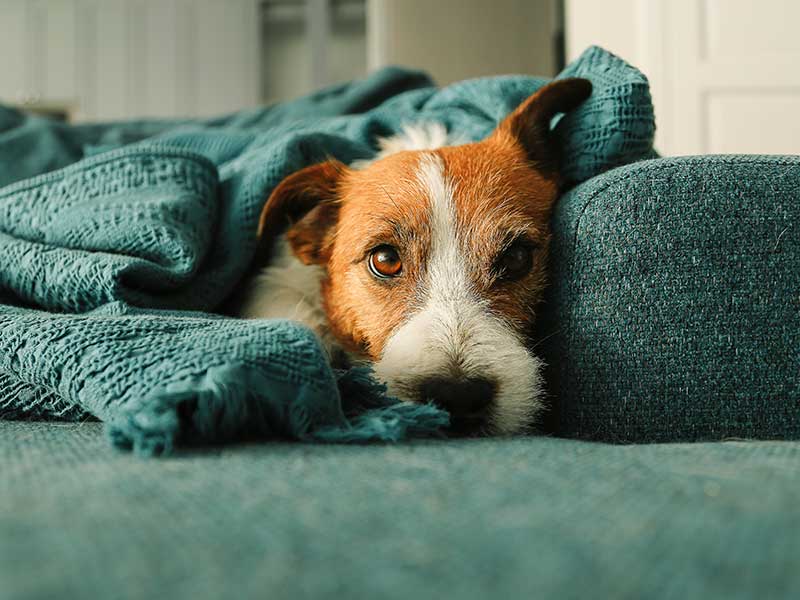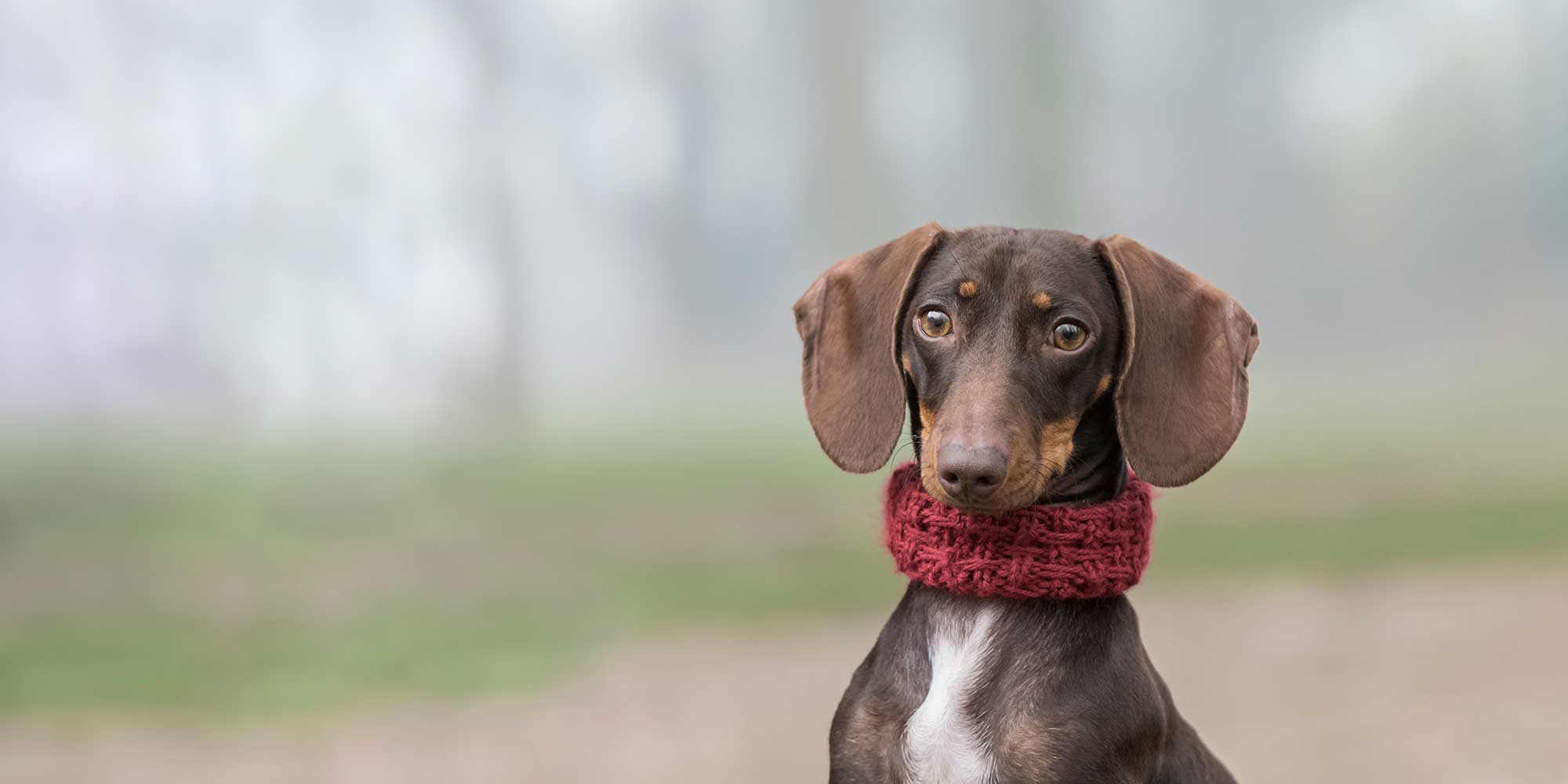Advanced Soft Tissue Surgery
We’re proud to offer a comprehensive range of soft tissue surgeries at Westside Animal Hospital.
From routine procedures like spay and neuter surgeries to more advanced treatments such as mass removals and C-sections, our team is dedicated to providing compassionate and high-quality care throughout every step of your pet’s surgical journey.

Exceptional Care Every Step of the Way
Our surgical team is dedicated to providing a safe and supportive experience for your pet. From pre-operative preparations to post-operative care, we'll guide you through every step of the process:
- Pre-Surgical Care: We recommend pre-surgical bloodwork to assess your pet's overall health and ensure a safe procedure. Pets should also fast from food and water after midnight the night before surgery.
- During Surgery: Your pet will be monitored closely throughout the procedure with warming tables, anesthetic monitoring, and dedicated nursing care.
- Recovery: After surgery, our team provides thorough aftercare so that your pet can recover smoothly.

Common Soft Tissue Surgeries
- Spay and Neuter Services: Essential for preventing unwanted litters and supporting your pet’s long-term health.
- Mass Removals: Addressing lumps, bumps, or growths to ensure your pet’s comfort and well-being.
- C-Sections: Expert care for your pet during delivery to support both mother and babies.
No matter the procedure, we take every precaution to prioritize your pet’s safety and comfort.


